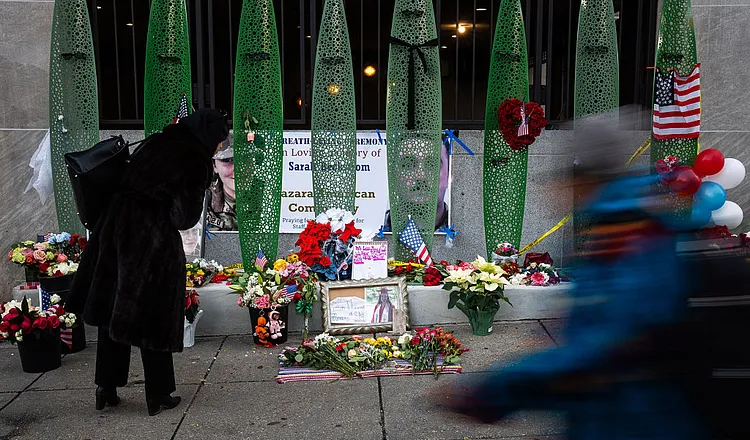REVIEW: ‘Believe: Why Everyone Should Be Religious’ by Ross Douthat
Mary Eberstadt reviews Ross Douthat’s The New Theism, exploring the author's arguments on the resurgence of religious thought in contemporary society.

Twenty years after the new atheism coursed triumphantly across the West, its melancholy, long, withdrawing roar is upon us. No less than Deity-denier Richard Dawkins marked the transmutation last year, via a viral video in which he called himself a hymn-and-small-c-church-loving "cultural Christian." That secular confession tracks with broader reality. God may not exactly be back—the decline in both churchgoing, and church-knowing, trudges on. But tempo, that great imponderable, seems uncannily aligned on the side of the faithful these days, at least in the United States.
Consider some signposts: Post-pandemic, homeschooling and classical Christian-minded academies have grown explosively. Their superiority can only mean that in a generation, believers will be represented disproportionately in leadership and scholarship. Higher education, even in the Ivies, is now home to a slew of new religious initiatives including FOCUS (Fellowship of Catholic University Students), Thomistic Institutes, the Protestant outreach EveryCampus, Tikvah Chapters, and more.




